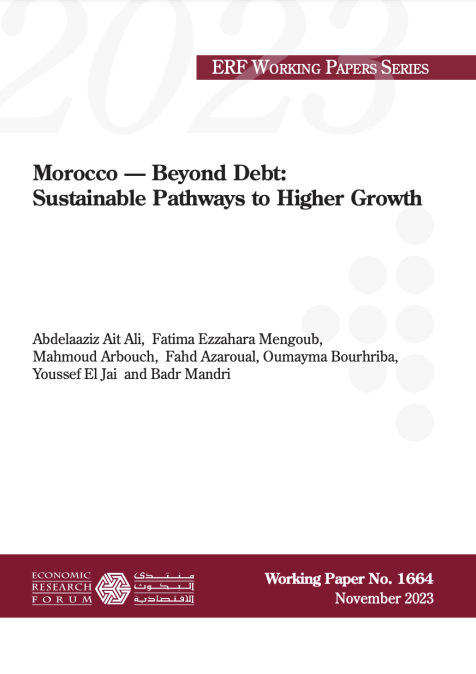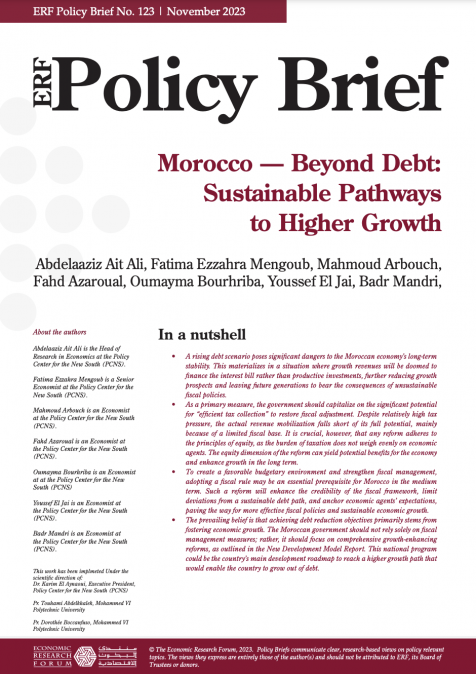Podcasts
COVID-19 and the debt problems in Africa
In these times of crisis, concerns about debt levels in low-income countries, particularly those in Africa, are growing. In recent months, countries on the continent have defaulted on their debts, while others have announced their intention to restructure their debts. The international community has reacted by initiating debt suspensions in favor of the poorest countries. However, the situation requires special attention with a more global mobilization. To discuss this issue, Badr Mandri, an economist at the Policy Center for the New South, welcomes Mr. Hinh Dinh, Senior Fellow at the Policy Center for the New South.








